Dani Navarro: Contador's Kuss stepped out from his shadow, but was otherwise "never a great colleague"
CyclingSunday, 05 November 2023 at 09:21
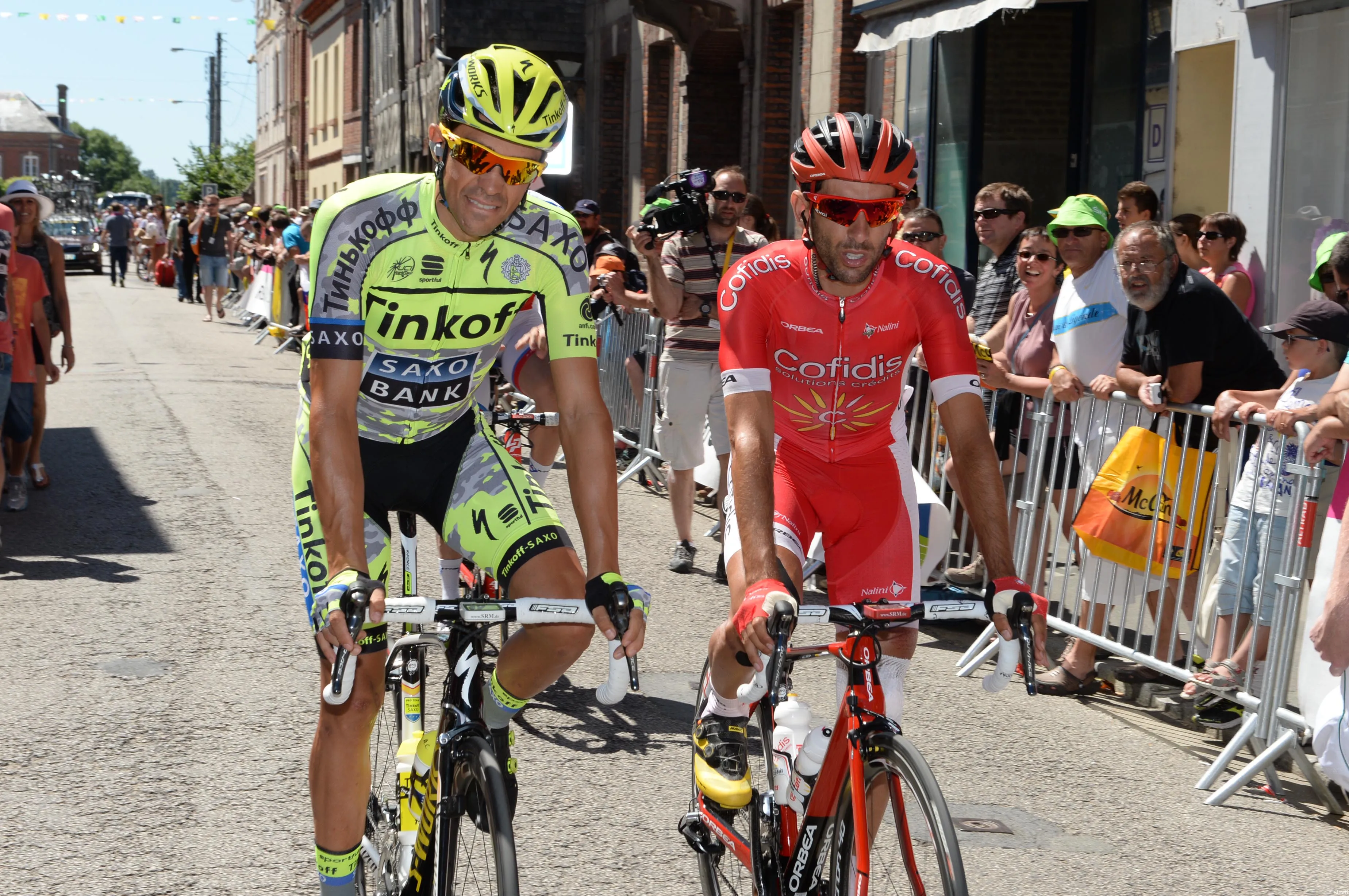
Forty years old and still getting on your steel steed every day: that's a true enthusiast. Dani Navarro may be a name that doesn't immediately ring a bell for everyone, but the pure climber from Spain can certainly look back on a very beautiful career. For that reason, he also features in our end-of-year series on retired riders!
ADVERTISEMENT
Navarro was born on July 18, 1983, in Salamanca, the capital of the Spanish province that goes by the same name. Coincidentally, on that day, a stage in the Tour de France took place with the finish at Alpe d'Huez, where the Dutchman Peter Winnen managed to claim the stage victory at the time. A sign of things to come for Navarro's climbing career?
He certainly was quick to find his way in the Spanish under-23 peloton, where he stood out in 2004 with a fifth place in the highly regarded Circuito Montañés race. That earned Navarro a contract with the big Liberty Seguros team, which included the likes of Roberto Heras, Alberto Contador, Jörg Jaksche, Allan Davis and also Koen de Kort.
ADVERTISEMENT
Navarro breaks through as a climber at Astana
With that team, he would ride his first grand tour (the Giro d'Italia) in 2006, but in 2007, Alexandre Vinokourov's Astana beckoned for his services. Navarro took the opportunity and also got to participate in the Tour de France for the first time, but like the rest of his team, he would not finish due to a positive doping test of team leader Vinokourov himself.
In his second year for the Kazakh squad, he definitively broke through as a strong climber, with a fifth place in the Tour of Catalonia, a fourteenth place in the Critérium du Dauphiné, and even a fourth place in the Deutschland Tour. He was unable to continue this trend in 2009, which led to the definitive switch in 2010 to a role as a domestique for superstar Contador.
ADVERTISEMENT
This proved to be a fruitful combination: Navarro's solid pace often left Contador's competition so exhausted that El Pistolero needed only one acceleration. Thus, in 2010, the duo consecutively took the Tour of Algarve, Paris-Nice, and Vuelta a Castilla y Leon, culminating in the pinnacle moment for Navarro in the Critérium du Dauphiné. Heading towards Grenoble, he joined a breakaway group, from which - one by one - the riders dropped off on the climb, leaving the victory to the Spaniard.
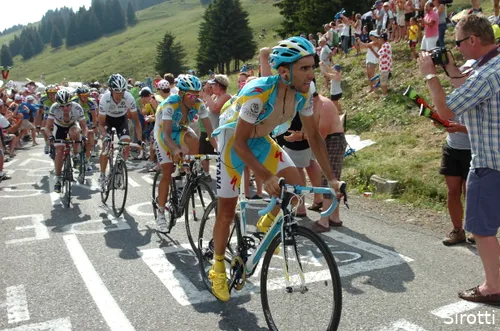
The Tour de France was subsequently won as well, making Contador and his confidants Navarro, Benjamin Noval and Jesús Hernandez hot commodities on the transfer market. Saxo Bank-Sungard eventually bit, following which Contador won the Giro in his first year with that team. At the end of 2012 - partly due to the clenbuterol suspension - the Vuelta a España was added to their victories, but by then his chief support rider was already looking for other opportunities.
Navarro seeks own success after years of loyal service to Contador
Navarro had felt in 2012 that he could compete in various races and was increasingly inclined to seek his own success, which the French Cofidis team eagerly capitalized on. They signed him as the leader for the Tour de France for 2013. This turned out to be a good choice, as Navarro was more than worth his salt with a fifth place in the Dauphiné and a ninth place in the Tour.
ADVERTISEMENT
One year later, the same was true. Navarro finished ninth in the Dauphiné and then had to withdraw from the Tour, but he more than made up for it in the Vuelta, which was also important for Cofidis, with a stage victory and a top-ten finish in the general classification. That stage win turned out to be the final victory of his career.
Not that the Spaniard was a disappointment, far from it. He always competed in the mountains, particularly in the Dauphiné, but in the Tour and Vuelta, the competition proved to be just a bit stronger. At the end of 2018, he decided to move to Katusha-Alpecin, but that's where the definitive decline began. After a year with Israel Start-Up Nation, Navarro found himself without a contract at the beginning of 2021, even though he still very much wanted to continue.
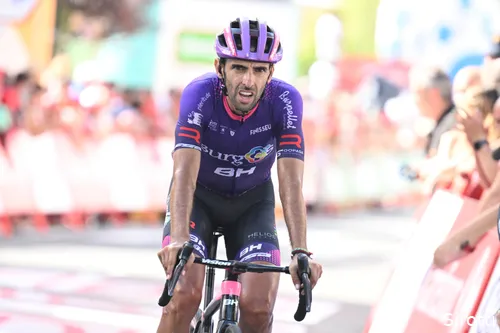
Eventually, Burgos-BH provided him with a solution. He would ride with that team for another three years. It was during those years that he also came under scrutiny several times for his behavior on the bike. For instance, Sep Vanmarcke called him the epitome of a more selfish peloton after a crash caused by Navarro in the Vuelta. "The next day he said: 'Sorry, but I had good legs. I would have certainly won.' That's when I asked him if this was his way of apologizing. I take that to mean something different. I've known for a while that Navarro was never a great colleague."
In 2022, a video emerged showing Navarro riding up a mountain, holding onto a car in the Tour of Asturias. These were not examples of collegial behavior, but nevertheless, the Spaniard impressively managed to sustain his career until the age of forty. In this year's Vuelta, he rode his final kilometers into Madrid, just a few years after team leader Contador bid farewell in the same race.
ADVERTISEMENT
IDL-productions
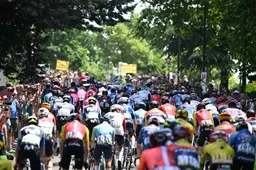
Vacancy: Growth Editor IDL Procycling - (native) English
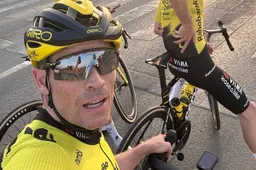
“Interviews showed we were close to cracking him”; Visma | LaB take hope from Pogacar’s Tour comments
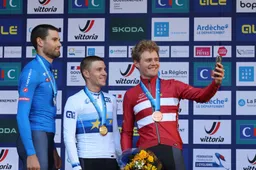
After European Championship podium with Evenepoel and Ganna: how high is the ceiling for Unibet Rose Rockets’ new “steam train”?
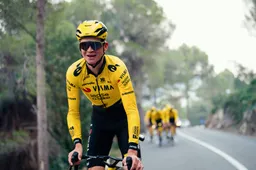
Tour of Oman 2026 | Visma | Lease a Bike and UAE’s ‘sherpas’ take up the challenge
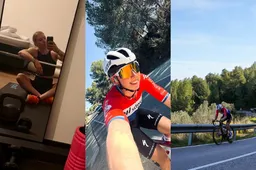
Winning machine Wiebes may get fewer chances at SD Worx-Protime after dream year
Latest Cycling News

Vacancy: Growth Editor IDL Procycling - (native) English

Almeida: “If everyone had fully worked together, we might still have caught Evenepoel”

De Vlaeminck refuses to call Van der Poel the greatest cyclo-cross rider ever: “I can’t enjoy watching this”
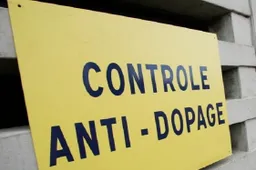
Banned US Postal doctor, linked to Marc Soler’s father, reportedly back around the peloton

Evenepoel drops Almeida and co with late attack to win Tour of Valencia queen stage
Popular Cycling News

“Interviews showed we were close to cracking him”; Visma | LaB take hope from Pogacar’s Tour comments
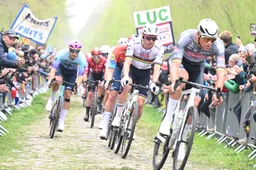
Jens Voigt: ‘It’s almost impossible for Pogacar to beat Van der Poel’
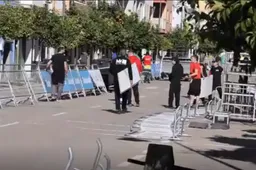
Evenepoel and Uijtdebroeks relieved after Valencia time trial ruling, but others furious: “It makes no sense”
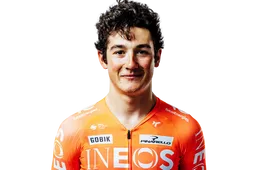
Clever move or dirty trick? August makes himself unpopular in Valencia
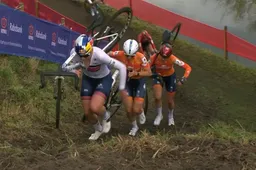
Elite debutant finishes third in the UAE Tour just five days after cyclo-cross World Championship
Latest Comments
- Nice!Bea22-01-2026
- Those events are mental rest for him. Fun, without expectations. *Sagan lost his abilities because he gained weight and got lazy. Pogi will likely retire before that has a chance at happening.Veganpotter14-12-2025
- Ah, the consequences of riding for Israel.Veganpotter11-12-2025
- Pidcock could follow everyone but Pogi while finishing 3rd. No second place rider this season😃Veganpotter16-11-2025
- Now the Palestinian protestors can stop their whining. Trump came to the rescue. So they can now STFU and go back to waving the rainbow flags.raufus15-10-2025
- Cracked the code lol. If it was that easy to 'crack the code' jonny Vegas would be charging up the Kwaremont giving Pog a dose of his medicine. Evenepoel can't match pog on a climb and neither can mvdp. Anything with a half difficult climb and Pog smashes the field. Even on flat(ish)parcours like Roubaix it came down to a mistake and crash by pog to definitively crown mvdp. MSR is the only one that Pog probably won't win.kevpt10-10-2025
- We've seen this movie before. I think Pogacar is doping.DeadBlow10-10-2025
- 👍Bea08-10-2025
- 👌🏻Bea08-10-2025
- What the data doesn't show is how much of an effect drafting had for evenepoel. Pogacar went with del toro at 100km whilst Evenepoel was still in the bunch. Despite the bike changes he still had a lot of assistance getting back to the bunch. Pogacar then rode 60km solo whilst evenepoel rode with Healy/Skjelmose until going solo in thd last 10-15km. Thats ~20% less power / energy requirements for 45-50km. Apples and oranges...kevpt30-09-2025
Loading